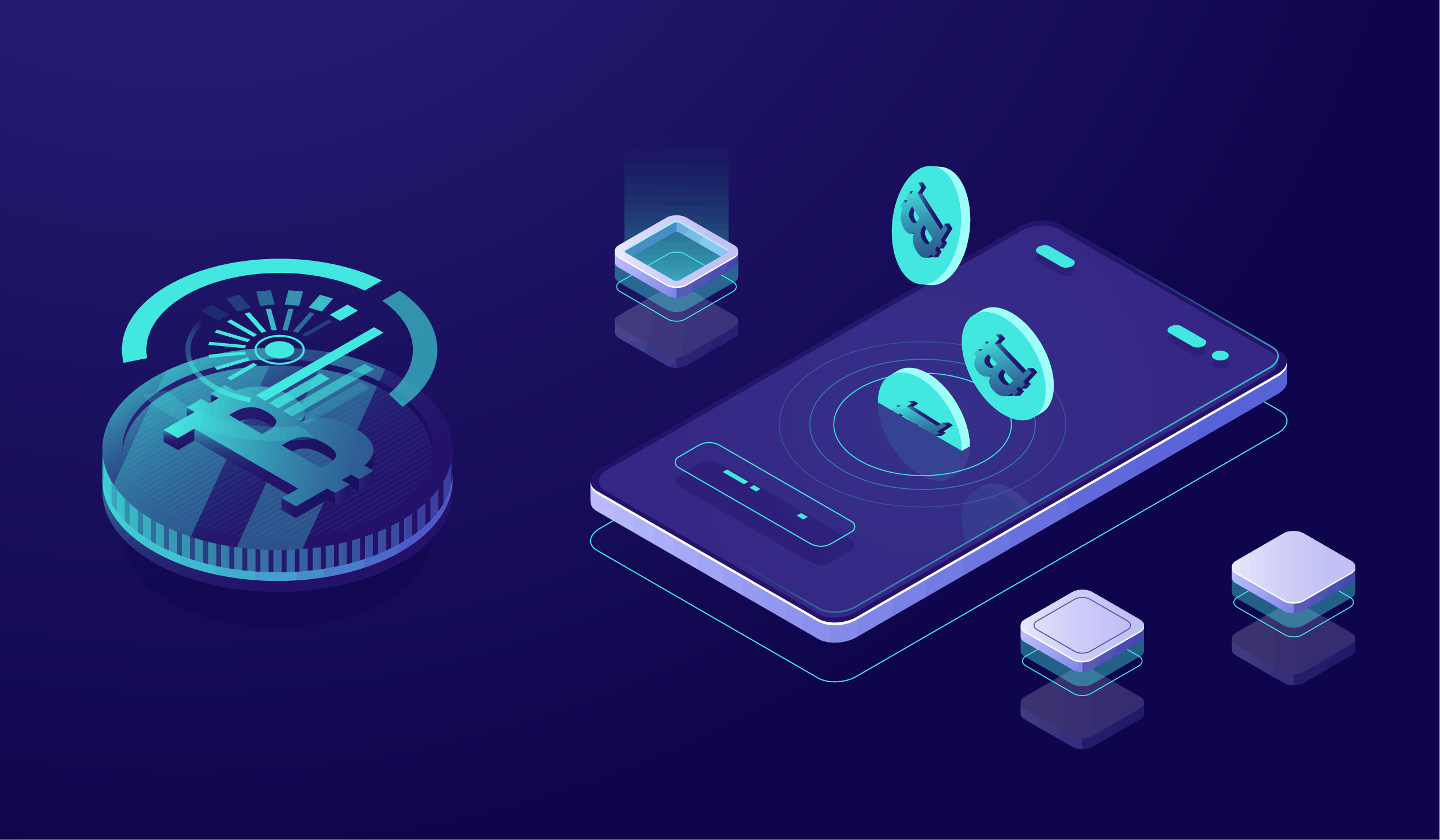2,375 reads
Play-2-Earn Gaming is Taking Over DeFi
by
October 31st, 2021
Audio Presented by

Entrepreneur. Attorney. Athlete. I write about innovations in blockchain and crypto space. Passionate about DeFi.
About Author
Entrepreneur. Attorney. Athlete. I write about innovations in blockchain and crypto space. Passionate about DeFi.
